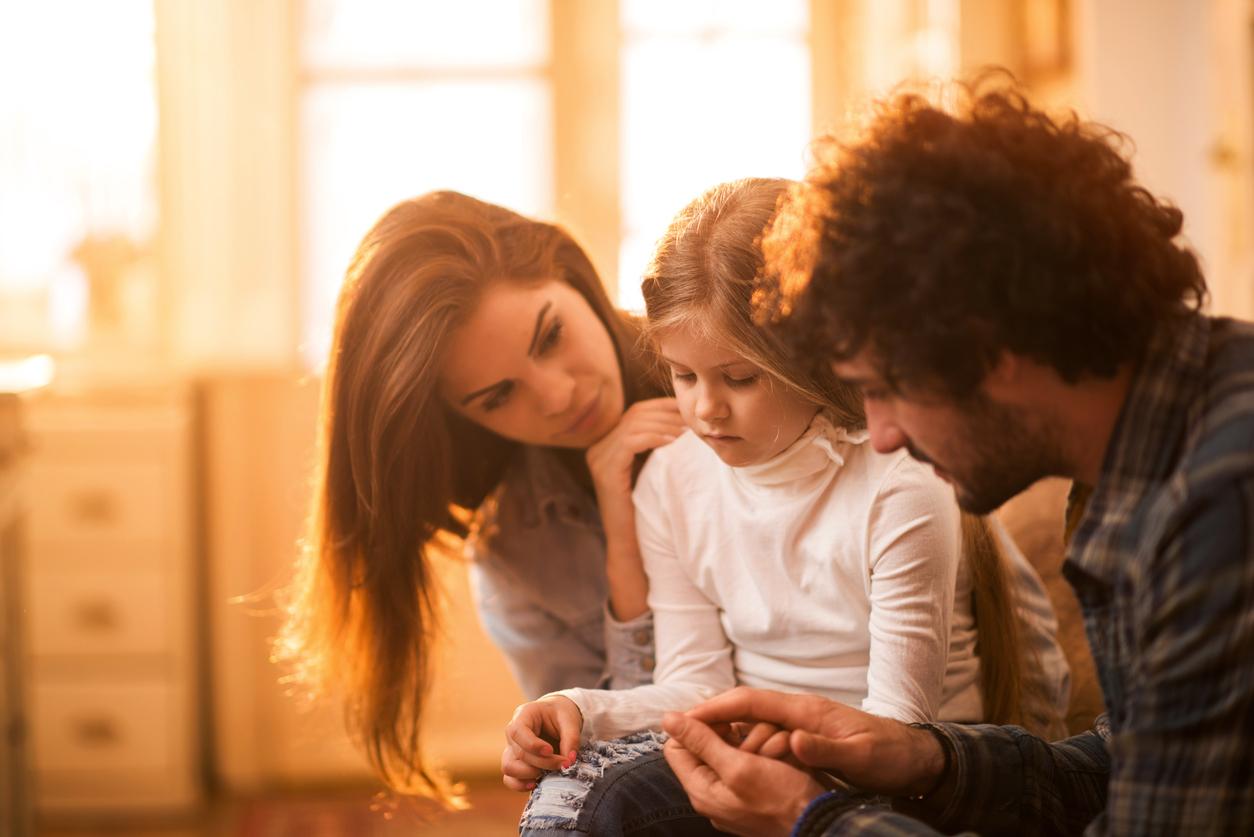How to talk to children about terrorist attacks
Make sure you acknowledge their fears

Your support helps us to tell the story
From reproductive rights to climate change to Big Tech, The Independent is on the ground when the story is developing. Whether it's investigating the financials of Elon Musk's pro-Trump PAC or producing our latest documentary, 'The A Word', which shines a light on the American women fighting for reproductive rights, we know how important it is to parse out the facts from the messaging.
At such a critical moment in US history, we need reporters on the ground. Your donation allows us to keep sending journalists to speak to both sides of the story.
The Independent is trusted by Americans across the entire political spectrum. And unlike many other quality news outlets, we choose not to lock Americans out of our reporting and analysis with paywalls. We believe quality journalism should be available to everyone, paid for by those who can afford it.
Your support makes all the difference.Terrorism is one of the most serious threats we face in the world today, but one of the hardest parts of dealing with attacks can be explaining them to children.
You don’t want to scare kids unnecessarily, but at the same time it’s important they understand.
Of course, children of different ages can handle varying amounts of information, so it’s hard to know how much to tell them.
“Don't delay telling your children,” Harold Koplewicz, President of the Child Mind Institute, told Time after the Paris attacks in 2015.
“It's very likely that your child will hear about what happened, and it's best that it comes from you so that you are able to answer any questions, convey the facts, and set the emotional tone.”
The NSPCC has now published advice to help parents talk to their children about terrorism.
How to talk to children about terror attacks:
1. Listen carefully to a child’s fears and worries
It’s crucial to make sure their concerns are heard and not dismissed - once you know what they’re worried about, you can understand.
Acknowledge their fears instead of making them feel silly for being afraid.
2. Offer reassurance and comfort
The NSPCC advises avoiding complicated and worrying explanations that could leave children more frightened and confused - instead, reassure and comfort them.
It’s important to remind children that they’re safe and surrounded by security.
3. Help them find advice and support
Children can find it easier to understand distressing events and feelings by talking to services such as Childline, which is free, confidential and available 24/7.
In the wake of the Manchester attack, an NSPCC spokesperson said: “We are deeply saddened to learn of the devastating terror attack in Manchester. Our thoughts are with the victims and families of those who have been affected.
“Our advice for any child or teenager upset and anxious in light of this news is for them to talk to a trusted adult, be it a parent, teacher or Childline.”
Children and young people can contact Childline for free, confidential support and advice, 24 hours a day on 0800 1111 or at childline.org.uk.
Join our commenting forum
Join thought-provoking conversations, follow other Independent readers and see their replies
Comments